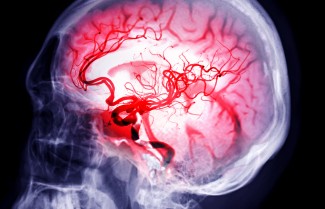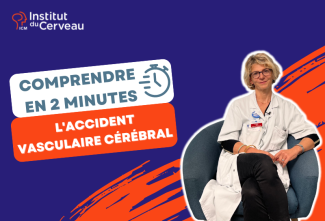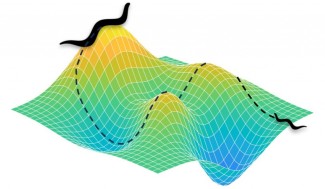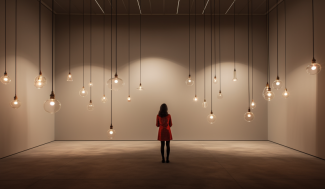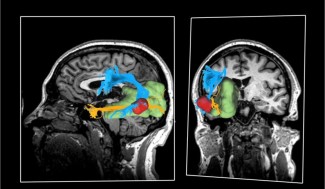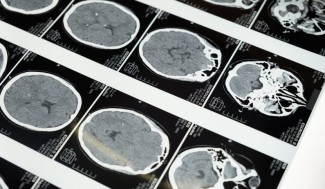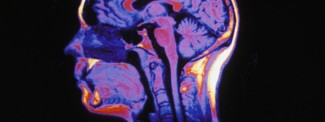A cerebrovascular accident, or stroke, is a sudden onset condition that causes motor deficits (movement of the limbs), loss of sensation and/or language problems.
-
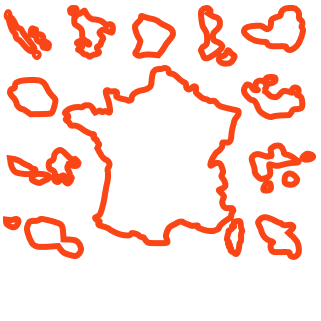
140 mille nouveaux cas par an en France
-
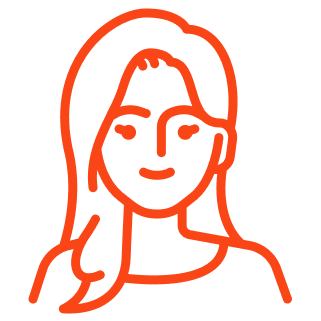
1ère cause de mortalité chez les femmes avant les cancers du seins (source : Ameli)
-
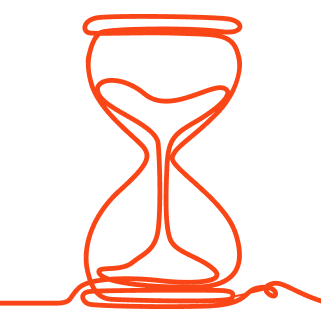
74 Ans âge moyen de survenu
Of the more than 15 million strokes worldwide each year, around 25% are fatal and more than 30% have severe after-effects, including permanent disability and dependency, with a direct impact on the patient’s loved ones.
In France, the number of new cases per year is currently estimated to be 140,000, meaning that a stroke happens every four minutes. Although not all strokes have the same severity, they are the leading cause of acquired motor impairment in adults, the second main cause of dementia and the third main cause of death.
What causes a stroke?
In 85% of cases, a stroke is the result of a heart attack – when there is a blocked artery in the brain. In 15% of cases, a haemorrhage caused by a rupture of a vessel in the brain causes the symptoms.
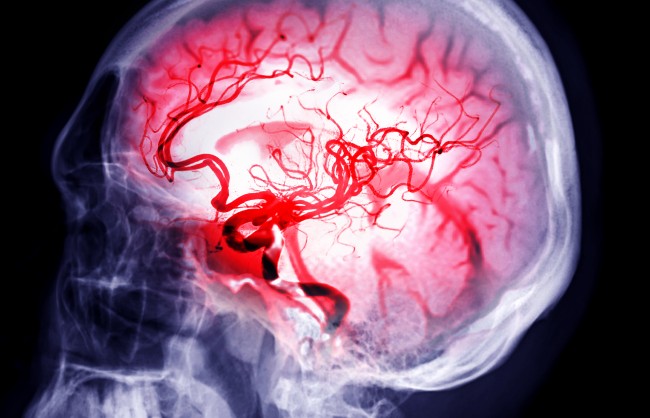

What are the consequences of a stroke?
In both cases, a region of the brain is deprived of blood supply and therefore of oxygen, and the tissue degenerates, losing its neurological function.


Signs of a stroke
A stroke is a neurological pathology where symptoms come on suddenly, which explains the expression ‘time is brain’ frequently used to refer to strokes. If a person presents with a sudden symptom, they or a loved one should immediately call an ambulance or the emergency services. The patient will then be cared for at a neurovascular unit.
The signs of a stroke can vary widely: a motor deficit, the face has dropped on one side, an arm that won’t lift normally, difficulties speaking, vision problems or numbness of a limb. They are often lateralised, which means that they only appear on one side of the body.
Research carried out by teams at Paris Brain Institute focuses mainly on treatment and improving the effectiveness of post-stroke rehabilitation. Various forms of rehabilitation are being studied to minimise the motor and cognitive after-effects of a stroke.


Support Paris Brain Institute
Did you like this content and did it answer the questions you were asking? Don't hesitate to support Paris Brain Institute.

